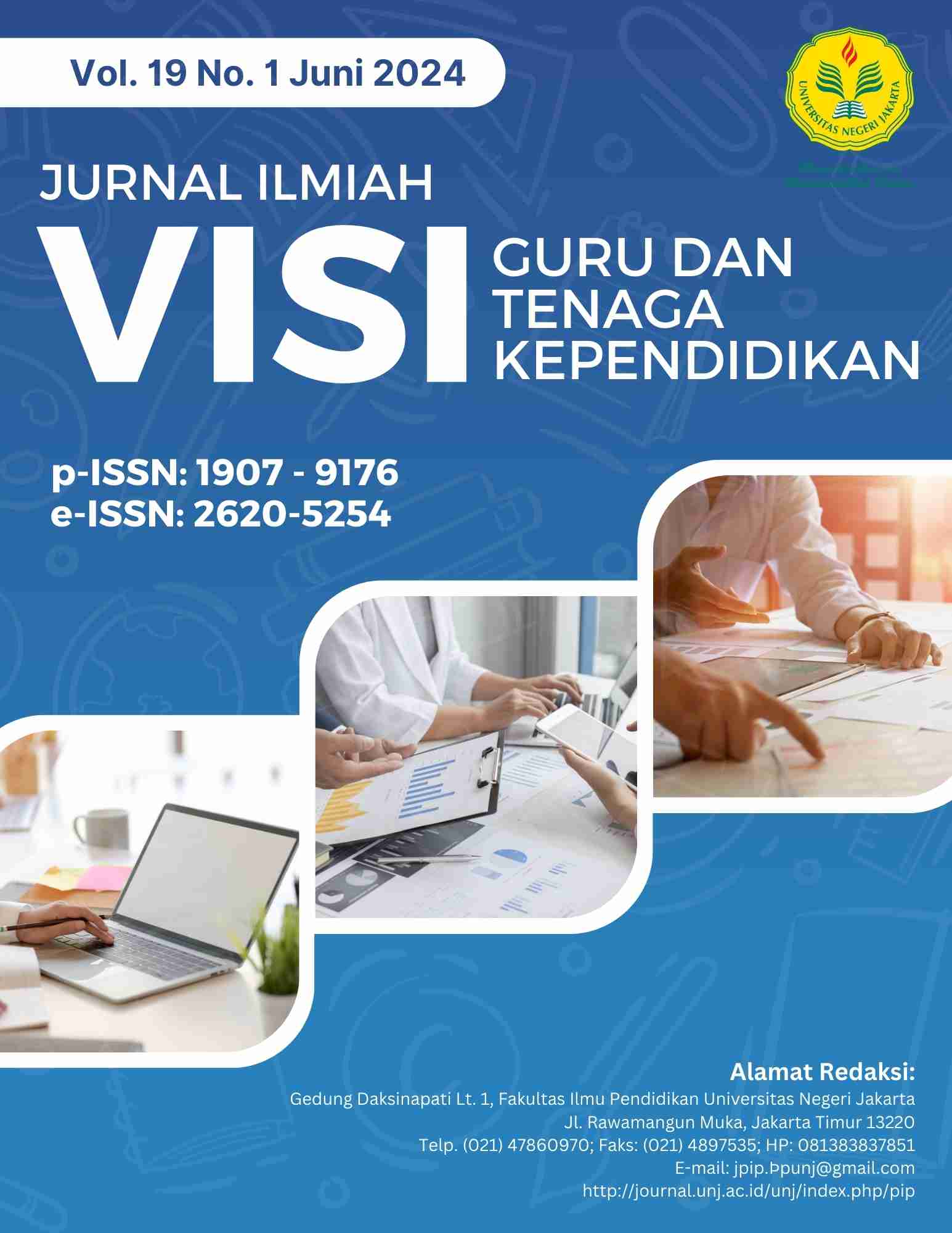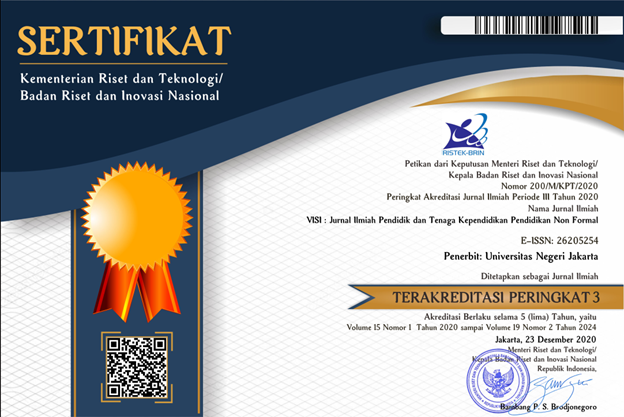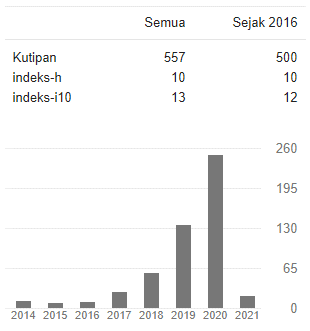Implementation of Merdeka Belajar Kampus Merdeka Program in Improving the Quality of Education in Indonesia
DOI:
https://doi.org/10.21009/JIV.1901.2Keywords:
Implementation, Policy, MBKM, Education Quality, College StudentAbstract
The existence of the Ministry of Education and Culture policy related to Merdeka Belajar Kampus Merdeka Program (MBKM) is the right effort in creating a generation that has soft skills and hard skills, and is qualified in aspects of leadership and personality. The MBKM program was launched in 2020 as a new breakthrough for the Ministry of Education and Culture to increase the flexibility of Indonesia's higher education system. MBKM provides greater autonomy for universities and students in designing study programs through student exchange schemes, partner internships, to research or field projects.MBKM is one of the policies of the Minister of Education and Culture, Nadiem Makariem. One of the programs of this MBKM policy is the Right to Study Three Semesters Outside the Study Program. The focus of this study is to analyze the implementation of MBKM comprehensively in improving the quality of education in Indonesia, so that it can be useful for formulating strategies for improvement and development of MBKM policies in the future. The research method used is a literature study of the material or research that has been done. From the results of the study, it can be seen that the implementation of MBKM helps students in their self-development, in addition, additional skills and student academic achievement also increase.
Downloads
Published
How to Cite
Issue
Section
License
Authors who publish with this Journal agree to the following terms:
- Author retain copyright and grant the journal right of first publication with the work simultaneously licensed under a creative commons attribution licensethat allow others to share the work within an acknowledgement of the work’s authorship and initial publication of this journal.
- Authors are able to enter into separate, additional contractual arrangementfor the non-exclusive distribution of the journal’s published version of the work (e.g. acknowledgement of its initial publication in this journal).
- Authors are permitted and encouraged to post their work online(e.g. in institutional repositories or on their websites) prior to and during the submission process, as it can lead to productive exchanges, as well as earlier and greater citation of published works.
- Users/public use of this website will be licensed to CC BY-NC-SA Creative Commons Attribution-NonCommercial-ShareAlike 4.0 International License









